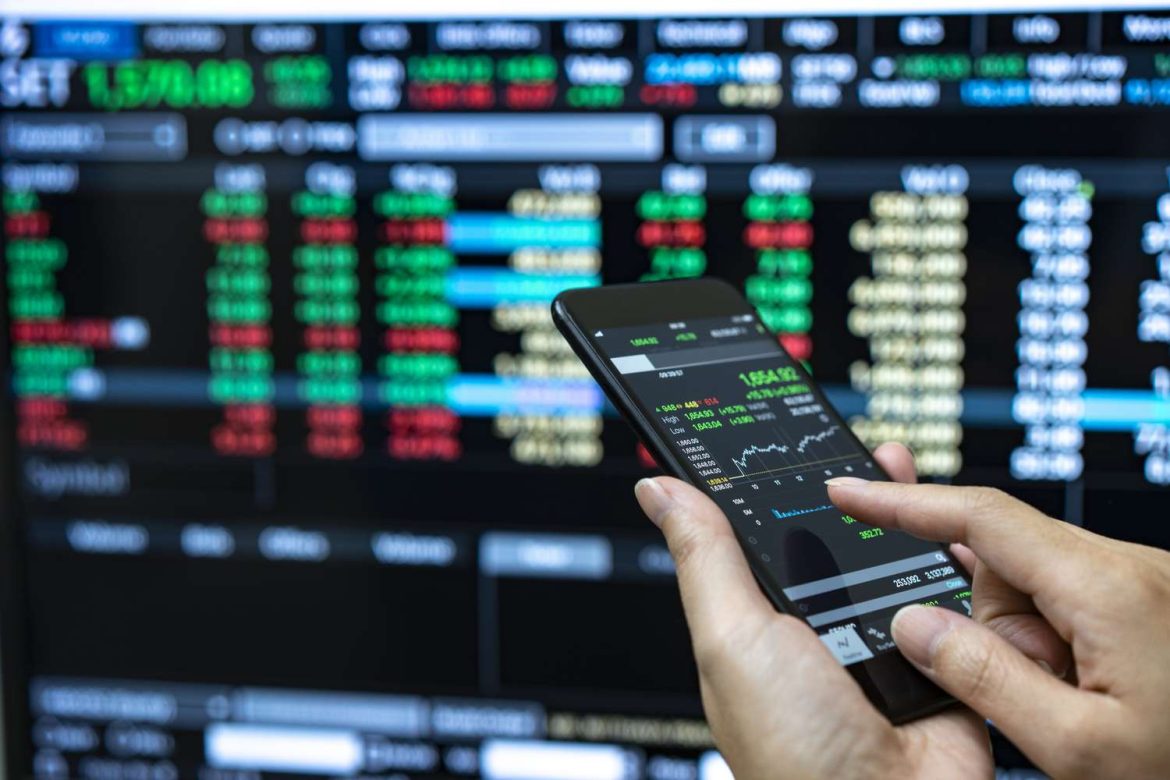- Forex trading sounds simple, but it’s also one of the largest and most liquid financial markets in the world, with over $6 trillion traded every day.
- Like any investment, Forex comes with risks.
- Licensed brokers provide more security for your funds, so it’s wise to check whether your chosen broker is CMA-approved.
In recent years, Forex trading has become one of the hottest topics in Kenya’s financial space. From young graduates in Nairobi to entrepreneurs in Mombasa, many Kenyans are turning to the foreign exchange market as a way to earn extra income, achieve financial independence, or even build full-time careers.
But what exactly is Forex trading? How does it work? And most importantly, what should you know before diving in?
What is Forex Trading?
Forex (short for foreign exchange) is the buying and selling of currencies. Simply put, it’s where traders speculate on how one currency will perform against another. For example, you might trade the Kenyan Shilling (KES) against the US Dollar (USD). If you think the dollar will strengthen against the shilling, you’d buy USD/KES. If you think the opposite, you’d sell.

It sounds simple, but it’s also one of the largest and most liquid financial markets in the world, with over $6 trillion traded every day.
Why Forex Trading is Growing in Kenya
Several factors have fueled the popularity of Forex trading in Kenya:
- Smartphones & Internet Access: With affordable smartphones and cheaper internet, more people can trade from anywhere, even in rural areas.
- Mobile Money Integration: M-Pesa has made deposits and withdrawals fast, giving Kenyan traders flexibility.
- Awareness & Training: Social media, online courses, and local Forex communities have helped spread knowledge.
- Global Opportunities: Unlike local investments, Forex connects Kenyans to global financial markets, allowing them to profit regardless of economic conditions at home.

Is Forex Trading Legal in Kenya?
Yes. Forex trading is legal and regulated in Kenya. The Capital Markets Authority (CMA) is the body in charge of licensing Forex brokers. Licensed brokers provide more security for your funds, so it’s wise to check whether your chosen broker is CMA-approved.
What You Need Before You Start
- A Reliable Broker
Choose a broker that is regulated, preferably by the CMA or other reputable international bodies. - Internet & a Smartphone/Laptop
Most trading platforms work well on mobile apps. - Capital
While you can start small, don’t risk money you can’t afford to lose. Many beginners start with as little as Ksh 5,000 – 10,000. - Knowledge
Learn the basics before putting your money on the line. Understanding risk management, trends, and trading strategies is key.
The Risks
Like any investment, Forex comes with risks. Many traders lose money when they rush in without preparation. High leverage (borrowing from brokers to increase trade size) can magnify both profits and losses. It’s not a quick-rich scheme — discipline and patience matter more than luck.
Tips for Kenyan Beginners
- Start Small: Use demo accounts before trading real money.
- Avoid Scams: Be cautious of “gurus” promising overnight wealth.
- Focus on Learning: Join local trading forums or online communities.
- Stay Disciplined: Set goals, stick to your strategy, and manage risk.
Forex trading is not a magic ticket to wealth, but with the right skills, discipline, and patience, it can be a powerful way for Kenyans to diversify income. Like farming, it requires time, effort, and learning from both wins and losses.

